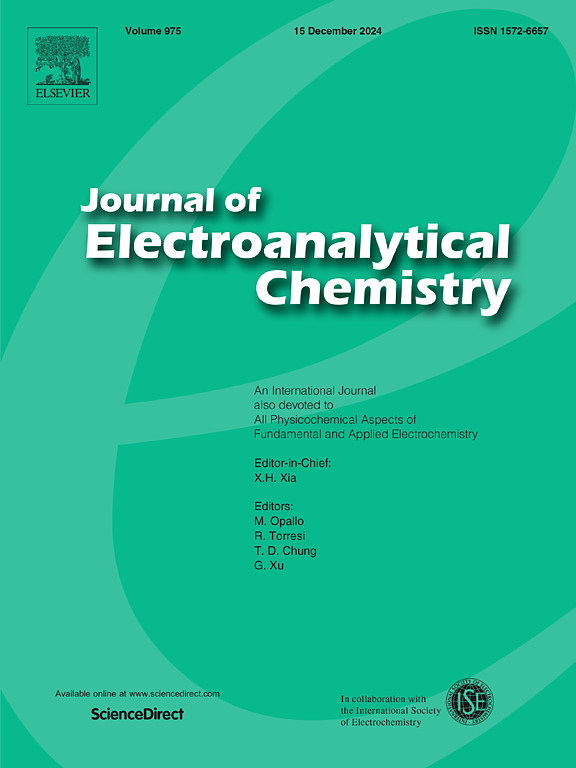From graphite to hard carbon: multifaceted sodium storage reactions and future perspectives of carbon anode materials for sodium-ion batteries
IF 4.1
3区 化学
Q1 CHEMISTRY, ANALYTICAL
引用次数: 0
Abstract
The increasing demand for lithium-ion batteries, driven by the rapid expansion of electronics and electric vehicles, may face limitations due to the finite supply of lithium resources. Recently, significant advancements have been made in anode materials, which have long restricted the progress of sodium-ion batteries. Carbon-based anodes for SIBs have attracted considerable interest due to their potential for high energy density, cost-effectiveness, and environmental sustainability. This review focuses on research progress related to the sodium storage capabilities of carbon materials used as SIB anodes, such as graphite, amorphous carbon, and biomass-derived carbon. The sodium storage mechanisms in these materials, particularly hard carbon, are examined in depth, with attention to structural characteristics, pore morphology, and surface functionalization to enhance the understanding of sodium storage behavior. Furthermore, this paper reviews the current state of SIB material research, assesses potential future developments, and provides essential insights into scientific and practical challenges in advancing SIB technology.

从石墨到硬碳:钠离子电池碳负极材料的多方面钠储存反应和未来展望
在电子产品和电动汽车快速扩张的推动下,对锂离子电池的需求不断增加,但由于锂资源供应有限,锂离子电池可能面临限制。近年来,一直制约钠离子电池发展的负极材料取得了重大进展。碳基sib阳极由于其高能量密度、成本效益和环境可持续性的潜力而引起了相当大的兴趣。本文综述了石墨、无定形碳和生物质碳等碳材料作为SIB阳极的储钠性能的研究进展。在这些材料中,特别是硬碳中的钠储存机制,深入研究,关注结构特征,孔隙形态和表面功能化,以增强对钠储存行为的理解。此外,本文回顾了SIB材料研究的现状,评估了潜在的未来发展,并提供了推进SIB技术的科学和实践挑战的基本见解。
本文章由计算机程序翻译,如有差异,请以英文原文为准。
求助全文
约1分钟内获得全文
求助全文
来源期刊
CiteScore
7.80
自引率
6.70%
发文量
912
审稿时长
2.4 months
期刊介绍:
The Journal of Electroanalytical Chemistry is the foremost international journal devoted to the interdisciplinary subject of electrochemistry in all its aspects, theoretical as well as applied.
Electrochemistry is a wide ranging area that is in a state of continuous evolution. Rather than compiling a long list of topics covered by the Journal, the editors would like to draw particular attention to the key issues of novelty, topicality and quality. Papers should present new and interesting electrochemical science in a way that is accessible to the reader. The presentation and discussion should be at a level that is consistent with the international status of the Journal. Reports describing the application of well-established techniques to problems that are essentially technical will not be accepted. Similarly, papers that report observations but fail to provide adequate interpretation will be rejected by the Editors. Papers dealing with technical electrochemistry should be submitted to other specialist journals unless the authors can show that their work provides substantially new insights into electrochemical processes.

 求助内容:
求助内容: 应助结果提醒方式:
应助结果提醒方式:


